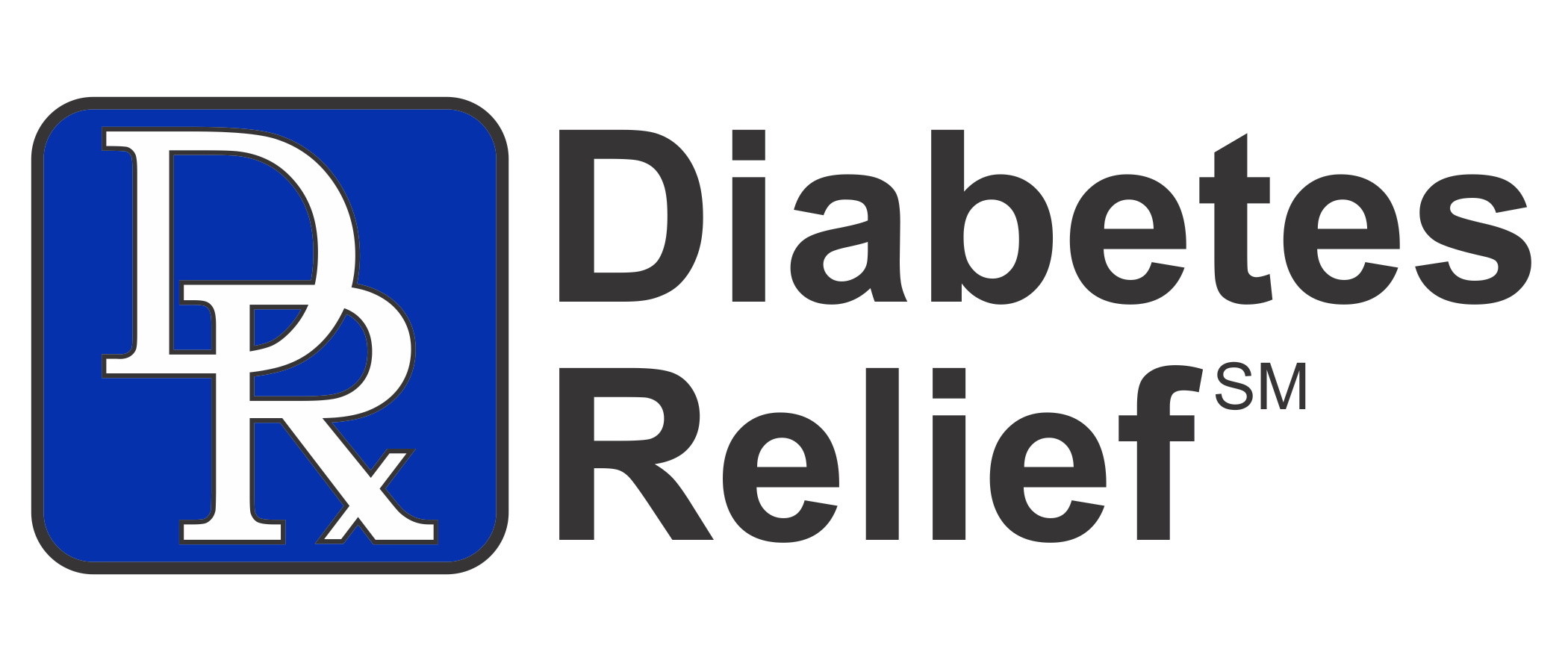 CHRIS KRESSER is an author, Paleo expert, and a general fighter for good health, whose Website is chriskresser.com. For your education and personal investigation, here’s what he says about cholesterol and cardiovascular disease.
CHRIS KRESSER is an author, Paleo expert, and a general fighter for good health, whose Website is chriskresser.com. For your education and personal investigation, here’s what he says about cholesterol and cardiovascular disease.
Cardiovascular disease is one of the most misdiagnosed and mistreated conditions in medicine. The medical establishment is still operating on outdated science from 40-50 years ago. One of the big myths is that eating cholesterol and saturated fat raises cholesterol levels in the blood.
This idea is so deeply ingrained in our cultural psyche that few people even question it. But is it really true? Recent evidence doesn’t support it.
Cholesterol in our body comes 25% from our diet, while 75% is produced by the liver. The body tightly regulates the amount of cholesterol in the blood by controlling production, so that when dietary cholesterol intake goes down, the body makes more, and when it goes up, the body makes less. Recent feeding studies show that dietary cholesterol has little impact on blood cholesterol levels in three-fourths of the population, and it does not affect the ratio of LDL to HDL or increase the risk of heart disease.
Some studies show that saturated fat intake raises blood cholesterol levels, but they are almost always short-term. Longer-term studies have not shown an association between saturated fat intake and blood cholesterol levels. A meta-analysis of 17 low-carb diet trials covering 1,140 obese patients published in the journal Obesity Reviews found that low-carb diets neither increased nor decreased LDL cholesterol. But they also found that low-carb diets were associated with significant decreases in body weight and improvements in CV risk factors: decreased triglycerides, fasting glucose, blood pressure, body mass index, abdominal circumference, plasma insulin and c-reactive protein, and an increase in HDL cholesterol.
In other studies, a large (350,000 participants) prospective study found no association between saturated fat and heart disease; a Japanese prospective study followed 58,000 men for 14 years and found no association between saturated fat intake and heart disease, and that those who ate more saturated fat had a lower risk of stroke.
Experts minds have changed. In a 1991 letter to the New England Journal of Medicine, Ancel Keys, who had founded the diet-heart hypothesis, said that “Dietary cholesterol has an important effect on the cholesterol level in the blood of chickens and rabbits, but many controlled experiments have shown that dietary cholesterol has a limited effect in humans.” In a 2004 editorial in the Journal of American College of Cardiology, Sylvan Lee Weinberg, former American College of Cardiology president and outspoken diet-heart hypothesis proponent, said, “The low-fat, high-carbohydrate diet . . . may well have played an unintended role in the current epidemics of obesity, lipid abnormalities, type 2 diabetes, and metabolic syndromes. This diet can no longer be defended . . . .”
So it appears that it is now established that eating cholesterol and saturated fat does not increase cholesterol levels in the blood for most people.
